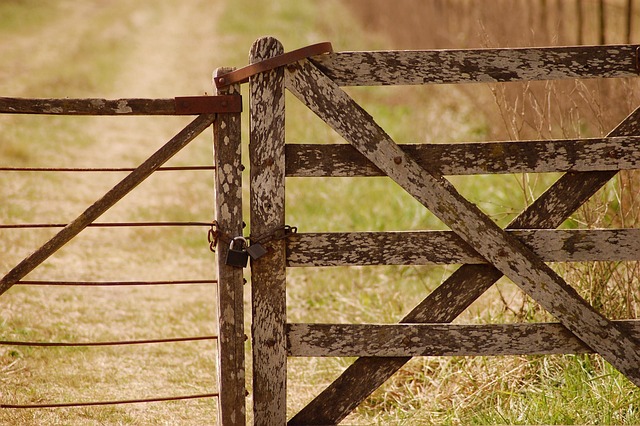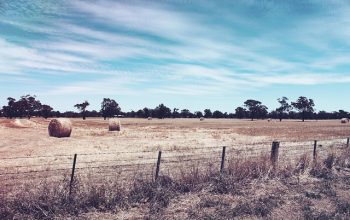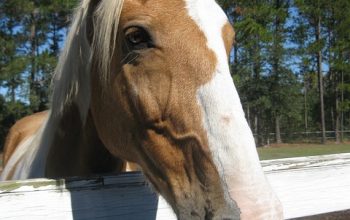Fencing your farm in Ontario requires considering unique needs like livestock safety, climate conditions, and aesthetic preferences. Farmers should opt for specialized barriers, durable materials (e.g., barbed wire, mesh, wood, steel), and eco-friendly options to secure livestock, manage wildlife, withstand seasons, and enhance property appeal. Balancing functionality with aesthetics, popular choices include post-and-rail fences and electric fencing. Tailoring solutions to Ontario's diverse landscapes ensures farm security, productivity, and value. Proper maintenance, including regular inspections and treatment, prolongs fence life during harsh winters.
Ontario farmers seeking to enhance their property boundaries should consider investing in a sturdy farm fence. This guide breaks down the essential steps to ensure success, from understanding your fencing needs to maintenance tips. Discover the best practices for selecting the ideal fence type tailored to your Ontario farm’s unique requirements. Learn how to plan and design your fence effectively, ensuring longevity through proper installation and upkeep.
Understanding Your Ontario Farm's Fencing Needs
Fencing your farm in Ontario is a significant decision that requires careful consideration. The first step is understanding your specific needs and goals, as every farm is unique. Factors like livestock types, pasture sizes, property boundaries, and aesthetic preferences all play a role in determining the type and design of fence required. For instance, a farm with valuable livestock may need sturdy, secure fencing to keep animals safe, while a mixed-use property with both pastureland and gardens might require specialized barriers to keep wildlife out without impeding on scenic views.
Ontario’s diverse climate also demands durable materials that can withstand harsh winters and hot summers. Rural properties often face challenges from strong winds, heavy snowfall, and varying temperatures, necessitating robust fence posts and materials. Additionally, some farm owners prioritize eco-friendly options or have specific design preferences to enhance their property’s appeal. With these considerations in mind, Ontario farmers can begin exploring suitable fencing solutions for their farms, ensuring both functionality and aesthetic harmony.
Selecting the Right Fence Type for Your Property
When it comes to fencing your farm in Ontario, choosing the right type is key. The ideal fence should serve your specific needs, from keeping livestock safe and secure to protecting crops from wildlife. Consider factors like property lines, terrain, budget, and aesthetic preferences. For instance, post-and-rail fences are a popular choice for their durability and visual appeal, while electric fencing offers a more flexible solution for managing animal movements.
Ontario’s diverse landscapes call for versatile fencing options. Whether your farm boasts rolling hills or flat fields, select a fence type that adapts to the terrain. Fences like barbed wire or mesh may be suitable for steep slopes, whereas more robust materials like wood or steel are better suited for level ground. Remember, investing in the right fence type not only enhances the security and productivity of your farm but also contributes to its overall beauty and value.
Planning and Designing Your Farm Fence
When it comes to planning and designing a farm fence in Ontario, the first step is to define your goals. Consider the purpose of the fence – is it for keeping livestock in, protecting crops from wildlife, or providing security? The type of fence you choose will depend on these factors, as well as the layout of your property and local regulations.
Next, create a detailed map or layout of your farm, marking out where each section of the fence will be located. This visual representation will help you envision the overall look and ensure that your fence design fits seamlessly into the existing landscape. Remember to take into account accessibility for maintenance and any potential future changes in your farming operations.
Installation and Maintenance Tips for Longevity
When it comes to installing and maintaining farm fencing in Ontario, a few key tips can ensure longevity and resilience against the harsh Canadian climate. Firstly, proper post-installation care is essential; this includes sealing and treating wooden posts to prevent rot and insect damage. Regular cleaning of metal fence components helps maintain their integrity.
Additionally, routine inspections should be conducted to identify and address any issues promptly. This proactive approach ensures that your farm fencing in Ontario remains effective, secure, and safe for both livestock and people.
When it comes to fencing your farm in Ontario, understanding your specific needs, choosing the right material, careful planning, and proper installation are key. By following these 5 essential steps, you’ll not only enhance the security and aesthetics of your property but also ensure a durable fence that withstands the test of time. Remember, a well-crafted fence for farms in Ontario is an investment, offering both functionality and visual appeal for years to come.




